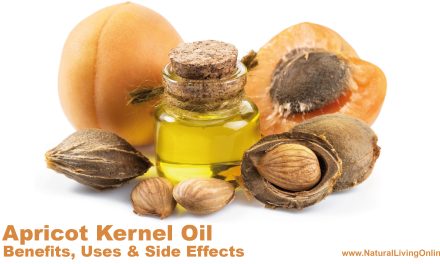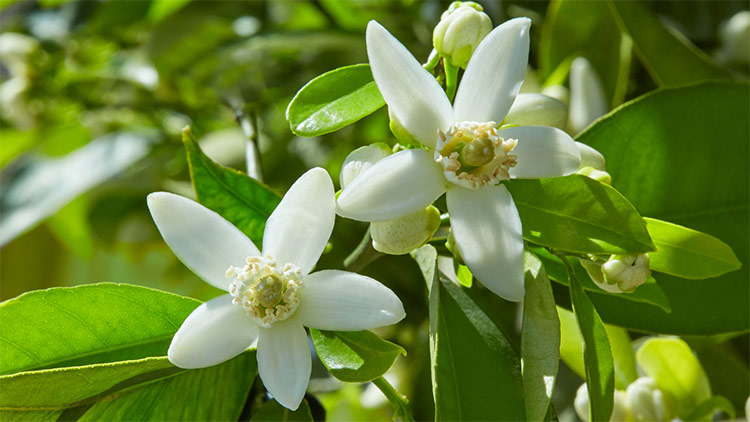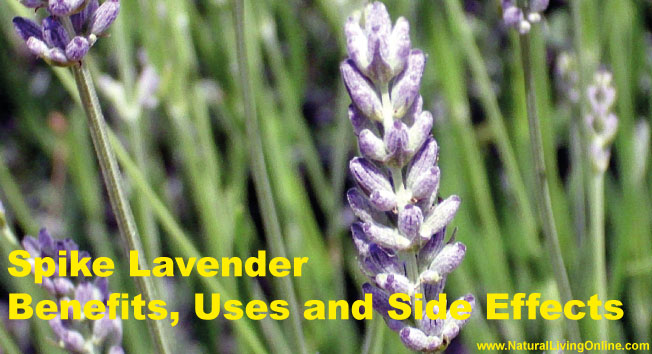Myrtle essential oil is extracted from the leaves of the myrtle plant, which is a small shrub that grows in Europe and North Africa. Myrtle oil has a sweet, woodsy scent and offers a variety of benefits that include reducing stress, improving respiratory function, and boosting cognitive performance. In this blog post, we will discuss the benefits of myrtle oil, as well as how to use it safely and effectively. We will also explore some of the potential side effects associated with this oil.
What is Myrtle?
Myrtle is a small shrub that grows in Europe and North Africa. The leaves of the myrtle plant are used to extract Myrtle essential oil, which has a sweet, woodsy scent. Myrtle oil offers a variety of benefits, including reducing stress, improving respiratory function, and boosting cognitive performance. In this blog post, we will discuss the benefits of Myrtle essential oil, as well as how to use it safely and effectively. We will also explore some of the potential side effects associated with this oil.
How many different types of Myrtle essential oils are there?
There are many different types of Myrtle essential oils available on the market. However, not all of these oils offer the same benefits or come from the same plant source. It is important to do your research before purchasing or using any essential oil products.
How Myrtle essential oil is made?
Myrtle essential oils are extracted from the leaves of the myrtle plant by steam distillation. This process helps to concentrate the active ingredients and make them more potent. The resulting product is a yellowish-green liquid that has been used for millennia in traditional medicine systems around the world, including Ayurveda (traditional Indian medicine). It was also one of Hippocrates’ favorite medicinal herbs: he wrote about its use for treating headaches as early as 400 BC!
What is the chemical composition of Myrtle essential oil?
The chemical composition of Myrtle Essential Oil includes monoterpene hydrocarbons like α-pinene, β-pinene, sabinene and limonene; oxygenated terpenes like linalool, camphene and terpinen-four-ol; and phenols like carvacrol and eugenol.
What are the benefits of using Myrtle essential oil?
Myrtle essential oil has a variety of benefits that include reducing stress, improving respiratory function, boosting cognitive performance, and killing harmful bacteria. Myrtle essential oil can be used for it antibacterial properties in many cosmetics a study suggests.
What are ways to use Myrtle essential oil?
It can be used aromatically, topically, or internally to achieve these results. Here are some ways to use Myrtle essential oil:
Aromatically: Diffuse Myrtle essential oil in your home or office for an uplifting aromatherapy experience.
Topically: Add a few drops of Myrtle essential oil to a carrier oil (like jojoba or coconut) and apply it to your skin for localized relief from pain.
Internally: Add a drop of Myrtle essential oil to water or other beverages and drink it three times per day as needed for respiratory health support. You can also ingest it with meals if you prefer not to take medication on an empty stomach; however, always consult your doctor first before starting any new regimen!
One of the most common ways to use Myrtle essential oil is by applying it topically. You can dilute your chosen oil with a carrier (like jojoba or coconut) and then apply it directly onto skin for localized relief from pain. Another popular method for using this plant-based medicine internally via inhalation; simply inhale deeply through either nostril while holding a tissue over the other one until you feel better. Inhaling essential oils allows their medicinal properties to enter into circulation quickly without being broken down by digestion first – making them more effective than oral administration alone!
How Myrtle essential oil has been used historically?
Myrtle oil has been used historically as a medicine for many different ailments including coughs, colds, fevers, bronchitis and asthma. It is also believed that the ancient Egyptians used myrtle in their mummification process because of its antiseptic properties (it kills bacteria). The leaves were placed inside bodies before burial so that they could protect against decay after death. In addition to these benefits, myrtle is an important ingredient in perfumes because of its sweet scent!
What does blend well with Myrtle essential oil?
Myrtle essential oil blends well with citrus oils like orange and grapefruit, as well as lavender, rosemary, and eucalyptus. When used in combination, these oils can provide a variety of benefits that include reducing stress levels, improving respiratory function, boosting cognitive performance, and killing harmful bacteria.
What are the side effects of Myrtle essential oil?
Possible side effects include nausea if ingested in large amounts; dizziness if applied topically while standing up (because its weight will pull blood towards the head); and headache from smelling too much at once! It may also irritate some people’s eyes so avoid contact with them until all traces have been rinsed off thoroughly after application has occurred without incident for several days prior to first
Myrtle oil should be avoided completely when pregnant or breastfeeding because it can cause uterine contractions and other complications during labor. If you are taking any medications, consult your doctor before using this product as well! Do not use on broken skin due to possible irritation.
What does Myrtle essential oil smell like?
Myrtle essential oil has a sweet, woodsy scent that is reminiscent of eucalyptus. It is said to be uplifting and refreshing, making it perfect for use in aromatherapy!
Can I make Myrtle Essential Oil at home?
Myrtle essential oil can be made at home using the leaves of the myrtle plant. Simply harvest the leaves, dry them out completely, and then crush them into a powder. Add this to a carrier oil like jojoba or coconut and heat in a double boiler until it is fully dissolved. Bottle and label your new oil and use as desired!
What is the shelf life of Myrtle essential oil?
Myrtle essential oil has a shelf life of approximately two years when stored in a dark, cool place.
Is Myrtle Essential Oil safe for children?
Myrtle essential oil is not recommended for use with children under the age of six. Always consult a pediatrician before using any essential oil with a child!
Can Myrtle Essential Oil be used on pets and animals?
Myrtle essential oil should not be used on pets or animals without first consulting a veterinarian. Some oils are safe for use with animals, but others can be dangerous or even fatal if ingested!
So there you have it – everything you need to know about Myrtle essential oil! This product has a variety of benefits that include reducing stress levels, improving respiratory function, boosting cognitive performance, and killing harmful bacteria. Please let us know how do you use Myrtle Essential Oil in the comment box below.
This website does not provide medical advice.
All information provided on this website, and on associated social media networks, including but not limited to texts, images, and numbers are for general information purpose only. It is not intended as medical advice and it does not include all possible precautions, side effects, or interactions that may occur. Neither NaturalLivingOnline.com nor its author/founder take responsibility for how you use this information. Statements contained on NaturalLivingOnline.com have not been evaluated by the FDA. You should conduct thorough research via multiple sources and consult your physician or qualified doctor before using any essential oil or herbal remedy. Information on NaturalLivingOnline.com must not be relied upon for medical, legal, financial or other decisions.













